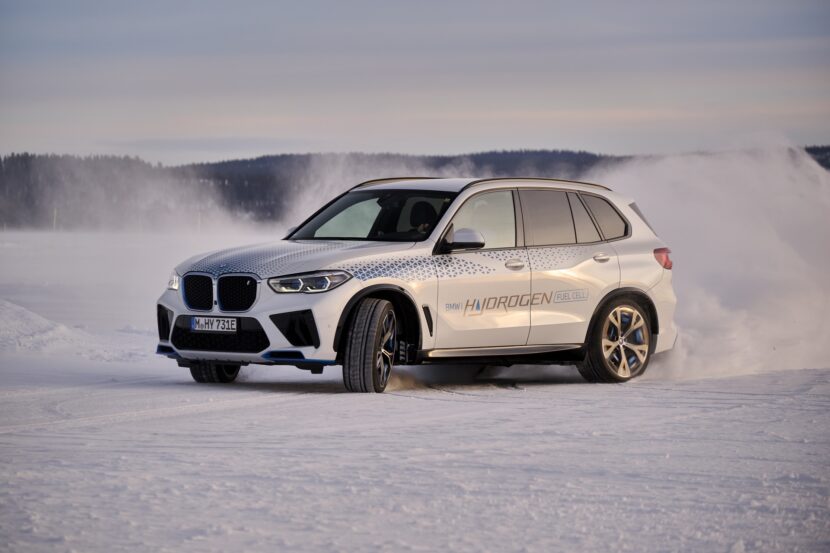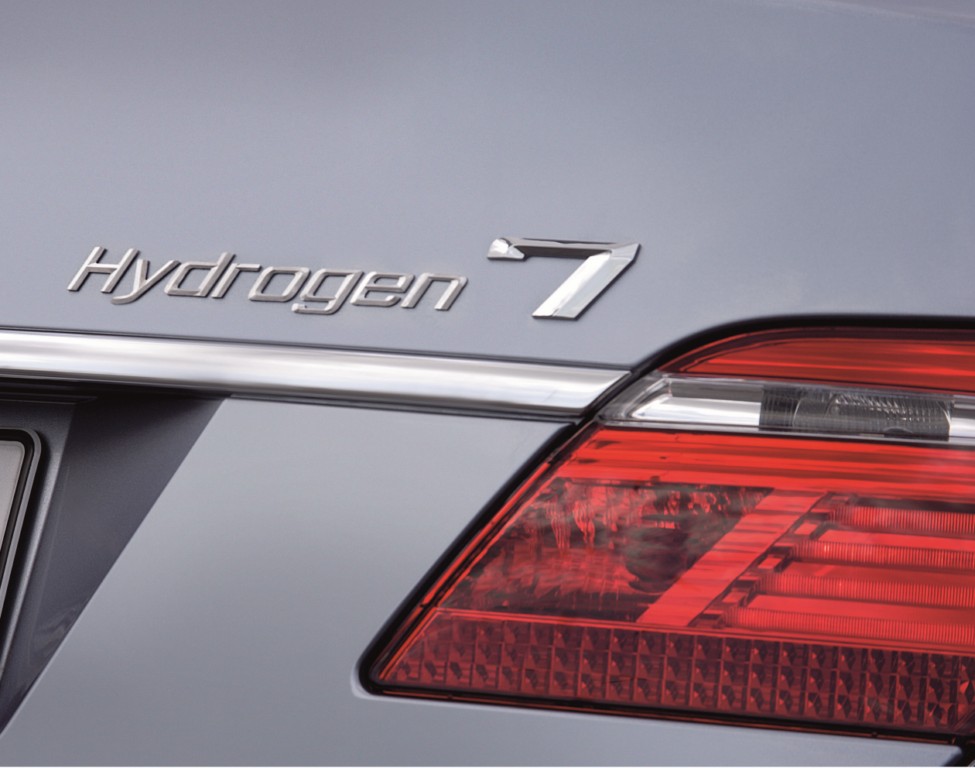In an interview with Nikkei Asia a few months ago, BMW sales chief Pieter Nota said the Bavarian automaker intends to put a hydrogen SUV into production as soon as 2025. He hinted at a tie-up with Toyota, which is also setting aside funds to invest in fuel cell technology. Not only does it sell the Mirai hydrogen rear-wheel-drive sedan, but the Japanese marque is also engineering prototypes with combustion engines fueled by hydrogen.
BMW Group chairman Oliver Zipse sat down and had a chat with Top Gear magazine during the world premiere of the Spectre, Rolls-Royce’s first EV. While the stately coupe is battery-powered like all the other BMW Group models that don’t have emissions, the head honcho in Munich expressed his commitment to fuel cells:
“In this decade there will be a viable product from BMW with hydrogen. You will see that. We believe in hydrogen for many reasons. We believe that – and I’m speaking now from the BMW side but that ends up being for every brand in the Group – if you want to ride emissions-free and you do not have a charging station, this is the only possibility we have.”

The 58-year-old executive went on to say that in some parts of the world it’s easier to set up an infrastructure for charging hydrogen cars than it is to develop one for battery-powered EVs. One relevant example Oliver Zipse gave concerns areas where there isn’t a connection to the power grid. That wouldn’t pose a problem for a fuel cell car as “for hydrogen, you just need the tank.” Of course, BMW’s top brass is realistic and knows those regions won’t represent the main market for hydrogen vehicles.
It would seem the technology is being worked on not just for the core BMW brand, but for other marques within the Group. When asked by Top Gear about the prospects of a Rolls-Royce with a hydrogen powertrain, the company’s boss said: “I would never exclude anything.”
Lest we forget ALPINA will join the portfolio in 2026, but can anyone imagine a model from Buchloe with a fuel cell instead of an inline-six or a V8? Hydrogen makes more sense on larger vehicles, so it’s unlikely there will be a MINI with this technology in the foreseeable future.
Meanwhile, BMW is giving the iX5 a limited production run of fewer than 100 units. These won’t be sold to customers but rather handed over to select people for testing and marketing purposes. It echoes a strategy applied in the mid-2000s for the V12-powered Hydrogen 7.
Source: Top Gear





































































